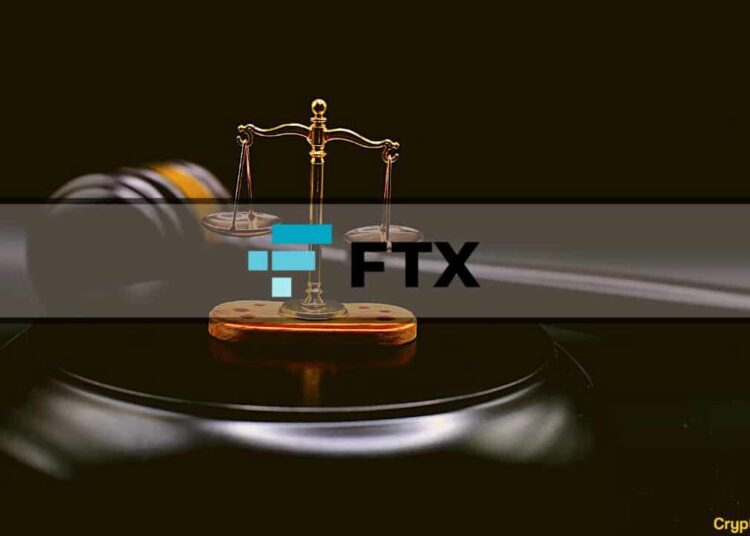A renowned accounting professor from the University of Notre Dame, Peter Easton, has delivered a stark revelation during the Sam Bankman-Fried trial. Easton’s meticulous analysis of Alameda Research and FTX’s financial records unambiguously affirms the mishandling of customer funds.
The government enlisted Easton to conduct an exhaustive examination of the financial landscape of FTX and its sister hedge fund, Alameda Research. Drawing on his expertise in scrutinizing financial statements, Easton’s findings shed light on critical discrepancies.
Easton’s Audit Sheds Light on FTX’s Troubling Finances
Easton’s analysis systematically unraveled instances where funds were traced back to FTX customer deposits. This comprehensive audit revealed an alarming trend: customer assets were being diverted for purposes beyond their intended use. These customer deposits predominantly funded loan repayments, charitable donations, venture investments, and real estate acquisitions.
The gravity of the situation becomes abundantly clear when considering the chronology of financial imbalances. Easton’s analysis illuminated a troubling deficit that emerged as early as the first quarter of 2021. By June 2022, the disparity reached staggering proportions, with a shortfall of $11.3 billion between customer currency deposits and available funds.
Not confined to traditional currency, Easton’s scrutiny extended to cryptocurrency holdings. His findings disclosed that FTX grappled with over $3 billion in unmet cryptocurrency liabilities from customer deposits dating back to January 2021.
The investigation also revealed that FTX’s acquisitions of Modulo Capital were funded using client deposits. Similarly, a significant portion of FTX’s investments in SkyBridge Capital were sourced from customer funds. Moreover, the majority of the exchange’s substantial $550 million investment in the crypto miner Genesis Digital Assets was derived from customer deposits.
It was also revealed that FTX utilized customer funds to repurchase the entirety of the firm’s stake held with competitor exchange Binance. The latter’s CEO, Changpeng Zhao, stated in a 2022 post that the company had received over $2.1 billion in Binance USD (BUSD) stablecoins and FTX’s FTT tokens as part of the repurchase.
In 2019, Binance made an undisclosed investment in FTX as part of a strategic partnership between the two firms. At that time, FTX was processing $500 million daily in trades, a significant difference from the over $50 billion it reached at its peak.
Alameda Research’s Involvement
Easton’s analysis delves deeper into Alameda Research’s involvement. Even if Alameda had utilized all available funds for spot margin trading on FTX, it would have fallen significantly short of covering its outstanding customer liabilities. Additionally, Easton highlighted a critical observation: all accounts with the “allow negative” feature on FTX were exclusively owned by Alameda. This revelation raises pertinent questions about the interplay between the two entities.
Former FTX lobbyist Eliora Katz also testified on Wednesday, revealing a stark dissonance between Sam Bankman-Fried’s public assurances about FTX’s security measures and the undisclosed realities that led to its collapse a year ago. In a House Financial Services Committee clip, Bankman-Fried emphasized FTX’s transparency and risk-monitoring system, contrasting it with the opaque practices of Wall Street during the 2008 financial crisis.
However, prosecutors and FTX insiders, who have pleaded guilty, presented a different narrative, citing inadequate financial record-keeping and the diversion of customer funds to Bankman-Fried’s trading firm, Alameda Research.
Binance Free $100 (Exclusive): Use this link to register and receive $100 free and 10% off fees on Binance Futures first month (terms).
PrimeXBT Special Offer: Use this link to register & enter CRYPTOPOTATO50 code to receive up to $7,000 on your deposits.
Credit: Source link














































